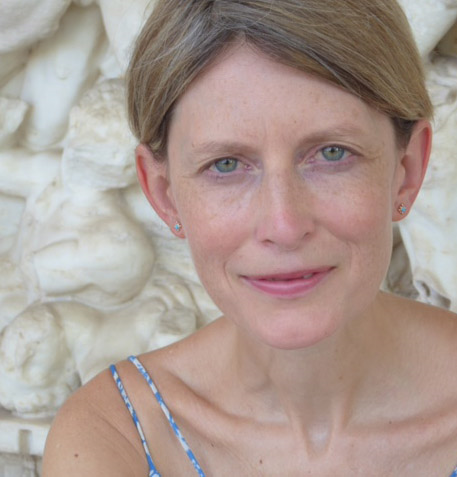Caroline Vout is a cultural historian and art historian with a particular interest in the Roman imperial period and its reception (see e.g. her monographs, Power and Eroticism in Imperial Rome, Cambridge University Press, 2007, The Hills of Rome: Signature of an Eternal City, Cambridge University Press, 2012, Sex on Show: Seeing the Erotic in Greece and Rome, London and Berkeley, 2013, Classical Art: a Life History from Antiquity to the Present, Princeton, 2018, her exhibition catalogue, Antinous: Face of the Antique, Leeds (The Henry Moore Institute), 2006 and the co-edited volume with Helen Lovatt, Epic Visions: Visuality in Greek and Latin Epic and its Reception, Cambridge University Press, 2013).
She has published academic articles in, among others, the Journal of Roman Studies, Arion, Ramus, Art History, Journal of the History of Collections, Proceedings of the Cambridge Philological Society and contributed chapters and reviews to numerous collections of essays and companions. Forthcoming publications include ‘Lucan, Statius and the piercing eroticism of war’, in Lee Fratantuono (ed.), Wiley-Blackwell Companion to Latin Epic, 14-96 CE; 'Greek myth and the politics of empire', in F. Meinel and K. Schorle (eds.) The Cambridge Guide to Greek Myth and the Mediterranean (Cambridge); and ‘Bodily objects’, in Robin Osborne (ed.) A Cultural History of Objects in Antiquity (c. 500 BCE-500 CE) (Bloomsbury). She is an editor of Omnibus, a ‘correspondant' of Perspective (the journal of the National Institute of Art in Paris) and on the advisory board of the Sculpture Journal. Her next book, on the classical body, will be published by the Wellcome Collection/Profile.
She has curated exhibitions (at the Fitzwilliam Museum and the Henry Moore Institute), appeared on television and on Melvyn Bragg’s In Our Time and on Woman’s Hour, and most recently she features in series of Collection Videos from the Cast Gallery in the Museum of Classical Archaeology. See The Peplos Kore, Discobolus, and Antinous.
From Michaelmas 2019 until 2024, Carrie is also the Byvanck Chair of Classical Archaeology/Art History at the University of Leiden.
